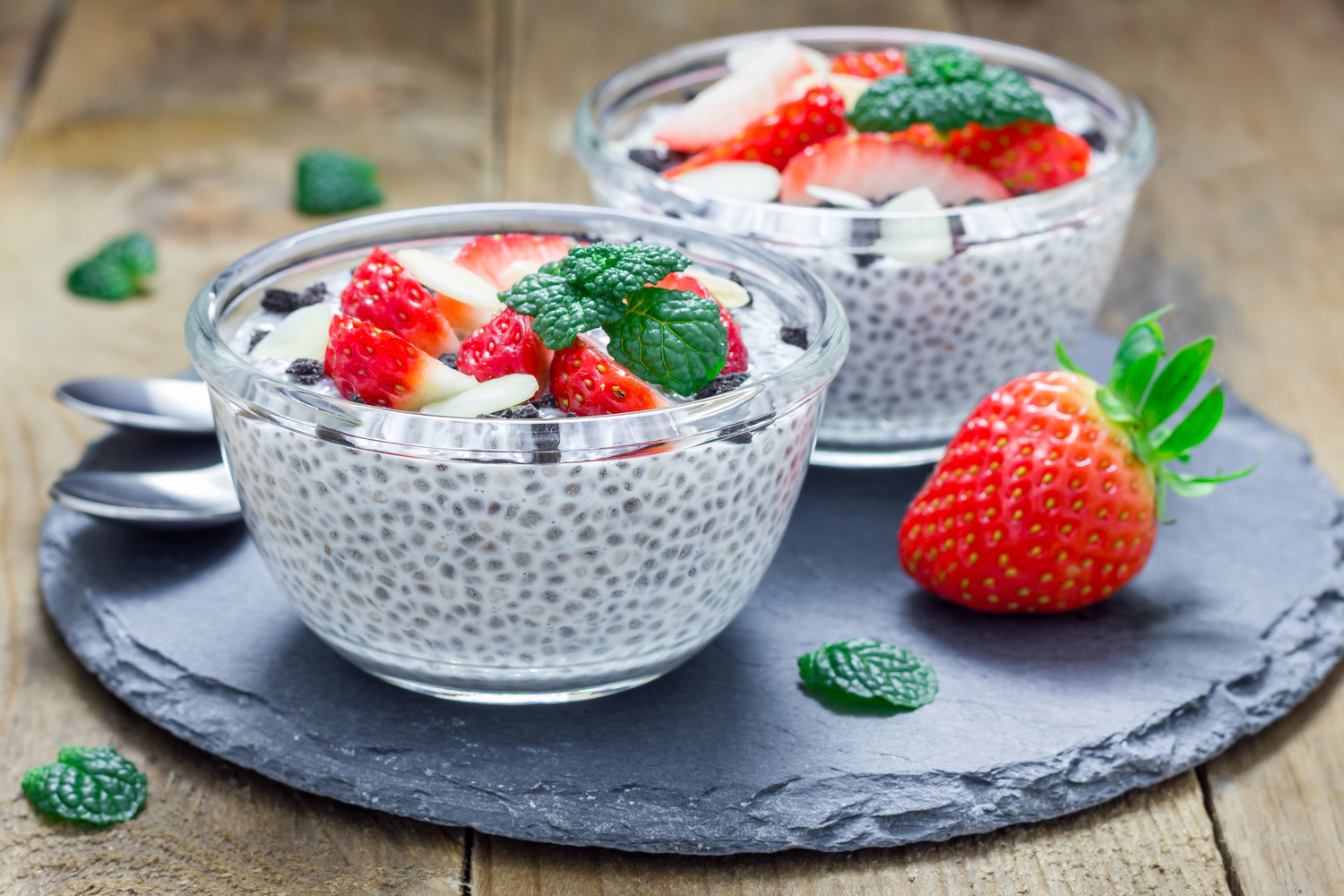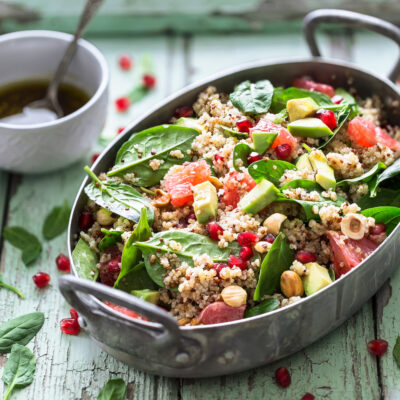
How To Fight Against Eczema
Eczema and atopic dermatitis (AD) are chronic conditions that result in dry, patchy, and itchy skin. Sometimes, tiny bumps occur; if scratched constantly, it starts oozing a fluid and crusts, causing them to become drier. This constant scratching makes the skin, dry, scaly, cracked, and swollen.
There is no conclusive proof of what causes eczema and AD. However, it is generally agreed that it is a genetic condition. Sometimes, environmental factors could also cause eczema and AD. Those with these conditions have a high possibility of getting asthma or hay fever as well. People with eczema also have food allergies. These food items trigger inflammation in the body, causing itchiness.
While some doctors believe that food is a trigger, others are skeptical, as there is no conclusive proof. However, people widely agree that some foods trigger inflammation for many people. They recommend identifying which food triggers eczema and AD flare-ups so that they can be avoided. The diet to be followed to prevent eczema is similar to the diet recommended for people affected by other inflammatory conditions. Among the many groups of food that have proved to be anti-inflammatory, the one with the highest concentration is omega-3 fatty acids.
Why omega-3 fatty acids can help eczema?
Our body does not produce omega-3 fatty acids to prevent and reduce inflammation. Hence, we have to depend on external sources of supply, mainly food and supplements. Omega-3 lowers blood pressure, fights against depression, improves vision, and reduces the risk of heart diseases. These acids fight against long-term inflammation by reducing the production of inflammation-causing molecules. Many food items that have omega-3 fatty acids have a direct impact on controlling eczema and AD.
Fish
Seafood is one of the primary sources of omega-3 fatty acids. Salmon, tuna, herring, mackerel, sardines, anchovies, and oysters are all packed with omega-3 fatty acids.
Expecting mothers and young children with eczema should consult their doctors to understand how much fatty fish they can include in their regular diet.
Chia seeds
Chia seeds are rich in many nutrients and contain eight amino acids and omega-3 fatty acids. You can soak it in water for some time and use it in smoothies, milkshakes, or yogurt. You can add them to your cereal or oatmeal as well.
Walnuts
Loaded with fiber, manganese, vitamin E, and omega-3 fatty acids, walnuts can be added to cookies, toasted and added to salads and granola bars. Moreover, they can be added to pesto and with fruit and yogurt.
Soybeans
A plant-based product, rich in protein and fiber, soybeans are a rich source of folate, vitamin K, manganese, and potassium. Soak them for 5 hours before cooking them. Soya bean sprouts can be added to salads and soya flour can be added to flatbread. However, avoid soy if you are allergic to it as it can flare up signs of eczema.
Kidney beans
Kidney beans are packed with protein and omega-3 fatty acids. You can use them in soups, gravies, or pair it with veggies and meat, use as a topping on pizzas, or as patties.
If someone is allergic to any of the food groups above, they should abstain from including them in the diet as they can trigger a flare-up of eczema symptoms.


